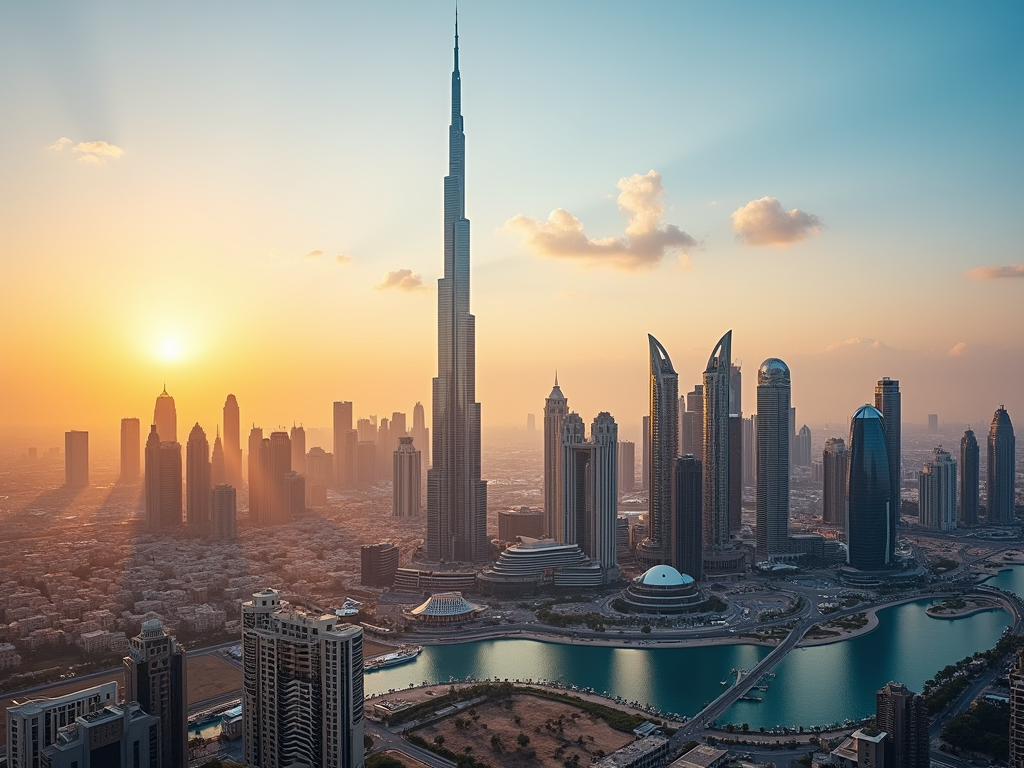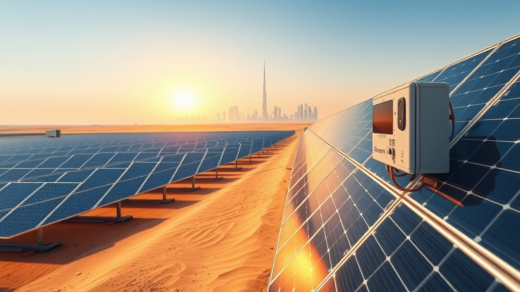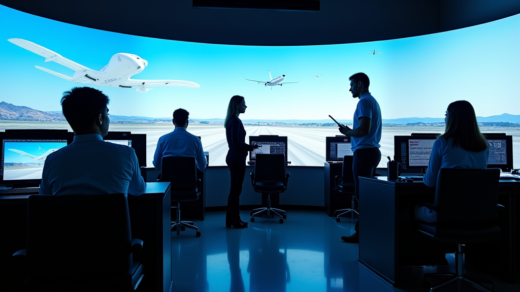Dubai has emerged as a pivotal hub for global trade and commerce, strategically positioned at the crossroads of Europe, Asia, and Africa. The city’s rapid development, sophisticated infrastructure, and pro-business environment have attracted multinational corporations and investors, significantly enhancing its influence on international markets. This article delves into the factors contributing to Dubai’s growing role in global commerce, the sectors leading this expansion, and the long-term implications for the global economy.
Strategic Geographic Location

One of the primary reasons for Dubai’s ascent as a global trade center is its strategic geographic location. Nestled between the East and West, Dubai facilitates trade routes that connect Asia, Europe, and Africa. This central position allows for efficient transportation of goods, enhancing its role in international logistics. Some reasons that underscore Dubai’s geographical advantages include:
- Proximity to Key Markets: Dubai offers easy access to booming markets in Asia and Africa.
- Major Shipping Routes: The city is located along crucial maritime routes for global shipping.
- World-Class Infrastructure: The state-of-the-art ports and airports support high volumes of trade efficiently.
Moreover, this advantageous location has led to various free trade zones that exempt businesses from customs duties, thereby attracting foreign investment and fostering growth in many sectors.
Robust Infrastructure and Technology

Dubai’s infrastructure is considered one of the best in the world. Investments in advanced logistics facilities, state-of-the-art airports, and expansive road networks have solidified the emirate’s status as a top trade hub. The following aspects highlight the infrastructure strengths supporting Dubai’s global trade role:
- Dubai International Airport: One of the busiest airports worldwide for international passenger and cargo traffic.
- Jebel Ali Port: The largest port in the Middle East, enabling vast cargo shipping operations and efficient turnaround times.
- Smart City Initiatives: Innovative technologies and smart systems in logistics and customs processes improving overall efficiency.
These infrastructural investments not only streamline trade operations but also bolster Dubai’s competitiveness on a global scale.
Diverse Economic Sectors
Dubai’s economy is renowned for its diversification, minimizing reliance on oil and proactively developing various sectors. The following sectors are particularly influential in driving Dubai’s role in global trade:
- Tourism – The emirate attracts millions of tourists annually, which fuels retail and service sectors, contributing significantly to trade.
- Real Estate – Continuous growth and development in real estate, catering to both residents and expatriates.
- Logistics and Transportation – Efficient logistics frameworks help facilitate trade across borders.
- Financial Services – Dubai serves as a financial hub for banking and investment, fostering international financial transactions.
- Technology and Innovation – Aimed at becoming a leading tech hub, Dubai is investing heavily in IT and innovative startups.
By fostering an ecosystem that supports growth in these sectors, Dubai is paving its way as a critical player in global commerce.
Trade Agreements and Economic Partnerships
Another aspect contributing to Dubai’s prominence is its proactive approach to trade agreements and partnerships. The emirate has established numerous bilateral trade agreements with countries around the world, aimed at eliminating trade barriers and fostering economic cooperation. These trade partnerships are crucial for enhancing trade volumes, attracting foreign direct investments, and accessing new markets.
Some significant features of Dubai’s trade agreements include:
- Free Trade Agreements: With various countries, facilitating smoother and duty-free trade.
- Investment Treaties: Encouraging foreign investment through protective regulations.
- Regional Cooperation: Collaborative efforts within global economic groups, enhancing trade resilience.
This strategic focus on economic partnerships not only enhances Dubai’s role in global trade but also fosters economic growth and diversification.
Conclusion
In summary, Dubai’s growing role in global trade and commerce can be attributed to its strategic location, robust infrastructure, diverse economic sectors, and proactive trade agreements. As the city continues to evolve, it will likely maintain its status as a significant trade hub, drawing more international businesses and fostering further economic development. This growth not only impacts Dubai but also the global economy, as it becomes increasingly interconnected through trade and commerce.
Frequently Asked Questions
- What industries are driving Dubai’s economy?
Dubai’s economy is primarily driven by tourism, real estate, logistics, financial services, and technology. - How does Dubai attract foreign investments?
Through free trade zones, tax exemptions, and pro-business regulations that encourage foreign companies to operate in Dubai. - What is the significance of Jebel Ali Port?
Jebel Ali Port is the largest port in the Middle East, crucial for international trade, offering efficient cargo handling capabilities. - How does Dubai’s location benefit global trade?
Its central location between major continents allows for efficient shipping and access to emerging markets in Asia and Africa. - What role does technology play in Dubai’s trade landscape?
Technology drives innovation in logistics, facilitating smoother customs processes and improving overall trade efficiency.


